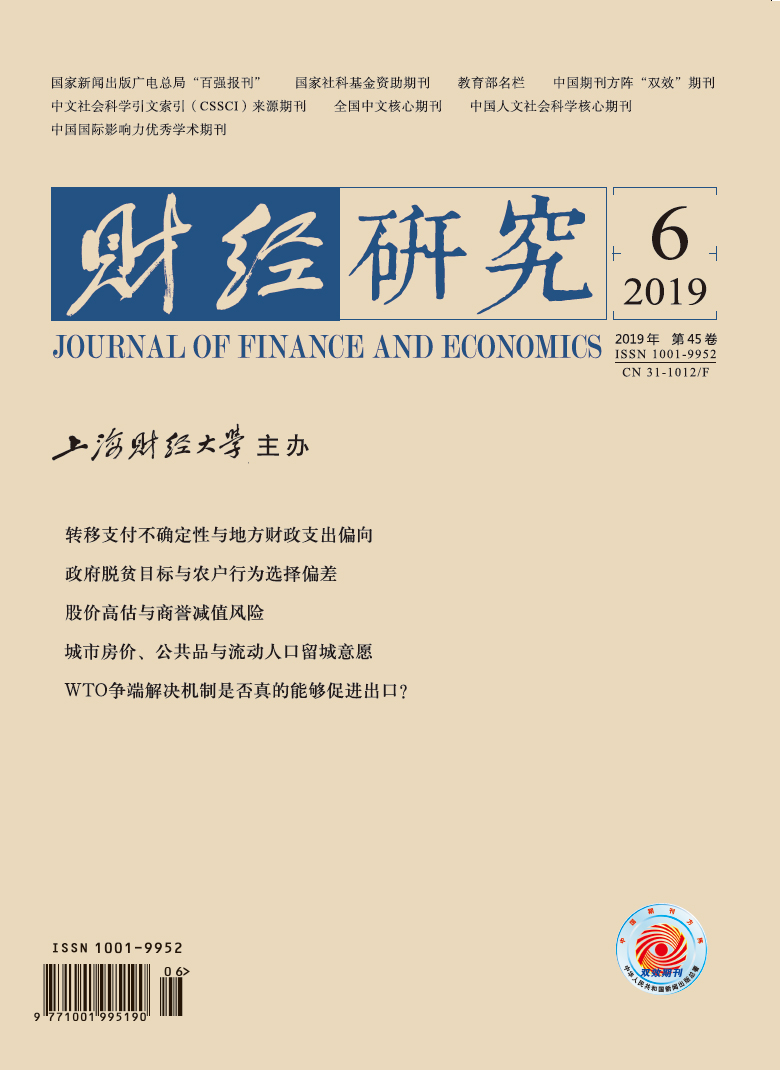许多电商平台都采用“免费”的商业模式,并通过与卖方签订排他性协议来抢占市场。针对这种排他性行为,文章以天猫商城和京东商城之间的“二选一”之争为例,通过构建动态博弈模型来分析“免费”商业模式下电商平台实施排他性行为的动机及其对市场竞争的影响。结果表明,当卖方侧的交叉网络外部性强度较低时,平台没有动机实施排他性行为;但当卖方侧交叉网络外部性强度较高时,平台可以通过采取排他性行为来提高自身利润,并达到排斥限制竞争对手的目的。由此,电商平台的排他性行为会扭曲竞争,降低消费者剩余和社会福利,使竞争双方陷入“囚徒困境”。与传统研究不同,文章立足于电商平台的商业模式构建理论框架,并从机制上阐述了多归属和单归属卖方共存的合理性。研究的结论有助于理解电商平台的商业模式及“二选一”行为。
“免费”商业模式下电商平台排他性行为研究
摘要
参考文献
3 袁宏伟. 基于互联网的" 免费”商业模式创新研究[J]. 商业研究,2010,(12):192−196. DOI:10.3969/j.issn.1001-148X.2010.12.039
5 Armstrong M. Competition in two-sided markets[J]. The RAND Journal of Economics,2006,37(3): 668−691. DOI:10.1111/(ISSN)1756-2171
6 Armstrong M,Wright J. Two-sided markets,competitive bottlenecks and exclusive contracts[J]. Economic Theory,2007,32(2): 353−380. DOI:10.1007/s00199-006-0114-6
7 Bernheim B D,Whinston M D. Exclusive dealing[J]. Journal of Political Economy,1998,106(1): 64−103. DOI:10.1086/250003
8 Caillaud B,Jullien B. Chicken & Egg:Competition among intermediation service providers[J]. The RAND Journal of Economics,2003,34(2): 309−328. DOI:10.2307/1593720
9 Chowdhury S M,Martin S. Exclusivity and exclusion on platform markets[J]. Journal of Economics,2017,120(2): 95−118. DOI:10.1007/s00712-016-0499-z
11 Hałaburda H,Yehezkel Y. Platform competition under asymmetric information[J]. American Economic Journal:Microeconomics,2013,5(3): 22−68. DOI:10.1257/mic.5.3.22
13 Pauwels K,Weiss A. Moving from free to fee:How online firms market to change their business model successfully[J]. Journal of Marketing,2008,72(3): 14−31. DOI:10.1509/JMKG.72.3.014
15 Rochet J C,Tirole J. Platform competition in two-sided markets[J]. Journal of the European Economic Association,2003,1(4): 990−1029. DOI:10.1162/154247603322493212
16 Rochet J C,Tirole J. Two-sided markets:A progress report[J]. The RAND Journal of Economics,2006,37(3): 645−667. DOI:10.1111/(ISSN)1756-2171
引用本文
张谦, 陈青祝, 陈一飞. “免费”商业模式下电商平台排他性行为研究[J]. 财经研究, 2019, 45(6): 141-152.
导出参考文献,格式为:





 , 2
, 2 6110
6110  11305
11305

